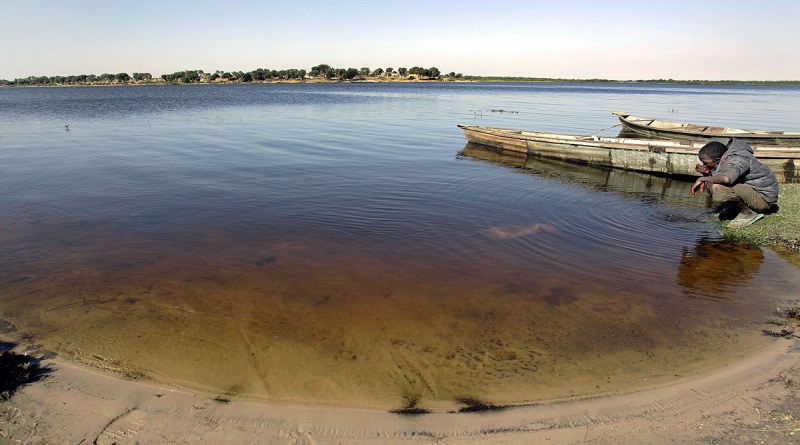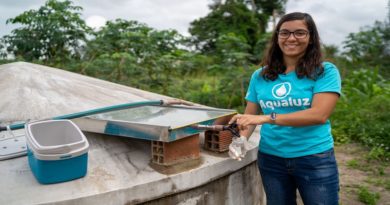Lake Chad: Environmentalist wants basin commission to apply best practices in tackling problems
Environmental activist and Director of Mother of Earth Foundation, Mr Nnimmo Bassey, has urged the Lake Chad Basin Commission member-countries to apply best practices in tackling the problems in the Lake Chad Basin.
Member-countries of the commission comprises of Nigeria, Cameroon, Chad, Niger, Central Africa Republic and Libya.
Bassey, who is the Director-General, of Mother of Earth Foundation, an NGO, gave the advice in an interview with the News Agency of Nigeria (NAN) in Abuja on Monday.
According to him, if the problems of the basin are not addressed more conflicts and violence will erupt in the area.
“Why is Lake Chad shrinking? One is global warming and number two is inefficient management of the watershed and this has caused displacement of both pastoralists and fisher folks who depend on the water.
“Some irrigation systems that have been drawing water their rate of taking water is more of the rate of recharge from rain so, this kind of thing needs to be managed properly.
“So the countries in Lake Chad Basin Commission needs to sit down together and look at ways of enforcing best practices to maintain and protect the water treasures that we have.
“So it takes international collaboration and cooperation to tackle the problems of Lake Chad otherwise, we will have more conflicts, more violence and we just keep crying about it.’’
The Lake Chad Basin is the largest endorheic drainage basin in Africa.
The basin, which is centered on Chad, has no outlet to the sea and contains large areas of desert or semi-arid savannah.
The drainage basin is roughly coterminous with the sedimentary basin of the same name, but extends further to the northeast and east.
The basin spans seven countries, including most of Chad and a large part of Niger.
As of 2011, it had an ethnically diverse population of about 30 million people – a population that is growing rapidly.
A combination of dams, increased irrigation, and reduced rainfall are causing shortages of water.
Bassey, therefore, called for the establishment of an effective drainage master plan in regions and cities to reduce the menace of flooding.
He spoke of the need to make accurate prediction of the impact of flooding and ways to prepare to handle them.
The director-general also appealed to government at all levels to tackle the issue of flooding with all seriousness to ensure the protection of the environment.
Bassey, who expressed regret that ecological funds had not been put to adequate use, said the funds needed to be domiciled with the Federal Ministry of Environment.
He, however, expressed the hope that the President Muhammadu Buhari administration would channel the funds to the appropriate ministry for more efficient use and results.
He said gas flaring could be trapped and used to generate electricity.
He said by so doing, environmental pollution would be massively reduced.
Bassey, therefore, urged all the regulatory agencies in the oil and gas sector to compel oil companies operating in the country to stop gas flaring by converting it into dynamic energy.




